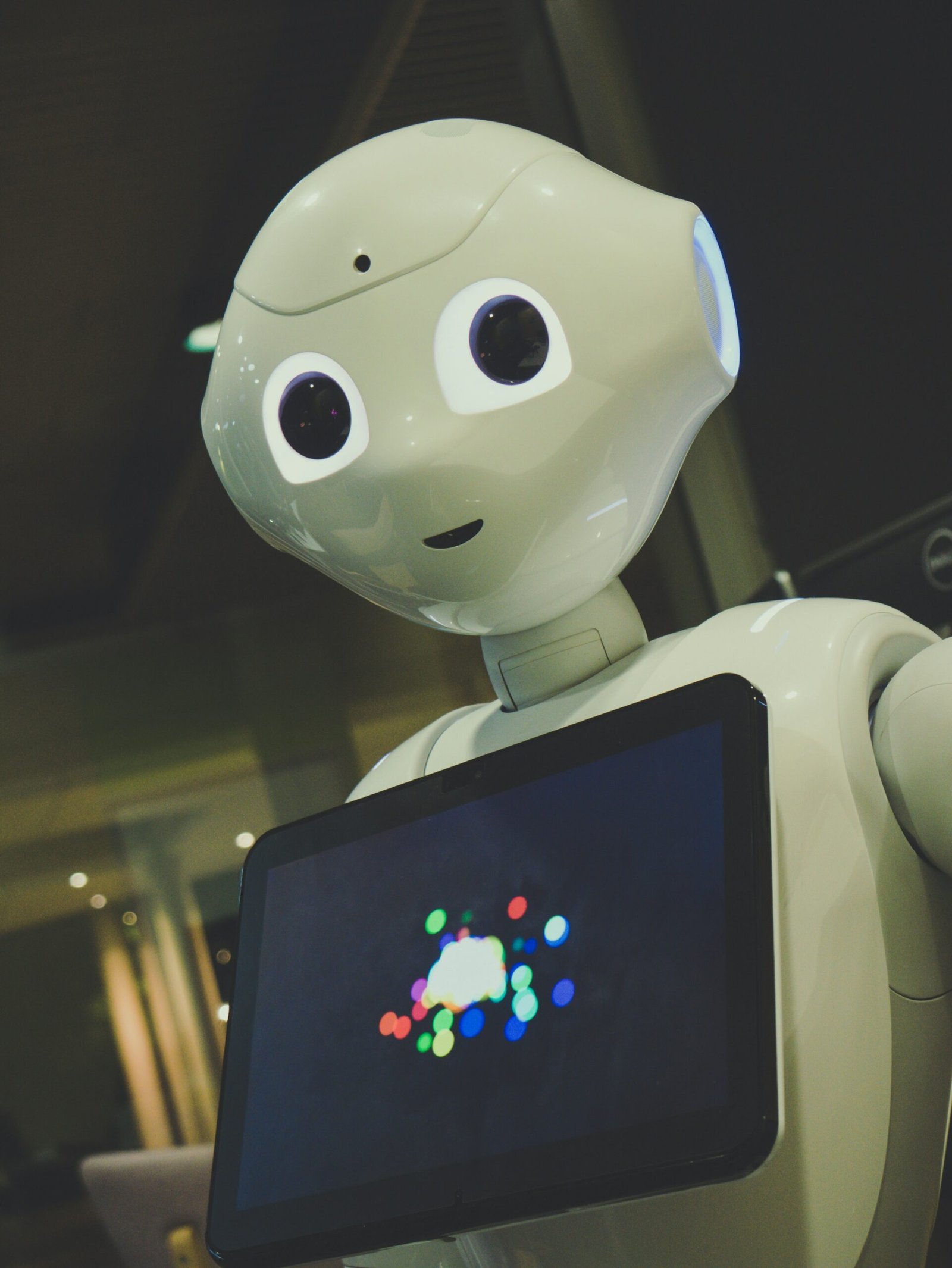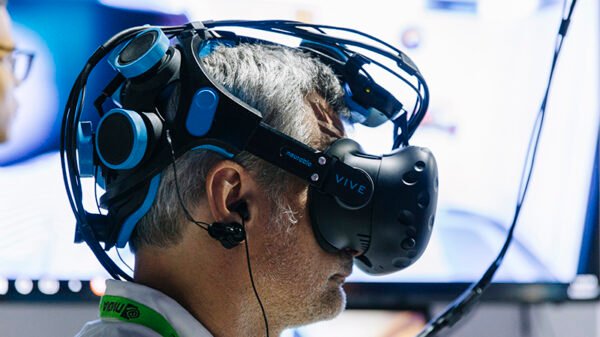In recent years, artificial intelligence (AI) has emerged as a groundbreaking technology with the potential to revolutionize various industries. One of the most promising areas where AI is making a significant impact is healthcare. From diagnostics to personalized treatment plans, AI is transforming the way healthcare professionals approach patient care.
AI in Diagnostics
Accurate and timely diagnosis is crucial for effective healthcare management. AI algorithms have the ability to analyze vast amounts of medical data, including patient records, lab results, and medical images, to identify patterns and make accurate diagnoses. Machine learning algorithms can quickly process and analyze this data, helping healthcare professionals make more informed decisions.
For example, AI-powered image recognition systems can analyze medical images such as X-rays, CT scans, and MRI scans to identify abnormalities or potential diseases. These systems can detect even the smallest details that may be missed by human eyes, leading to earlier detection and more effective treatment.
Personalized Treatment Plans
AI is also playing a crucial role in developing personalized treatment plans for patients. By analyzing a patient’s medical history, genetic information, and lifestyle factors, AI algorithms can generate tailored treatment recommendations. This approach takes into account individual variations and helps healthcare professionals provide more targeted and effective treatment.
Furthermore, AI can assist in monitoring the effectiveness of treatment plans. By continuously analyzing patient data, AI algorithms can detect any changes or deviations from the expected outcomes. This allows healthcare professionals to make adjustments to the treatment plan in real-time, ensuring that patients receive the most appropriate care.
Ethical Implications
While AI has the potential to greatly improve healthcare outcomes, it also raises ethical concerns. One of the main concerns is the privacy and security of patient data. As AI relies on vast amounts of data for analysis, there is a need to ensure that patient information is securely stored and protected from unauthorized access.
Another ethical consideration is the potential for bias in AI algorithms. If the training data used to develop AI algorithms is biased, it can lead to unfair treatment or misdiagnosis of certain patient groups. It is crucial to ensure that AI algorithms are trained on diverse and representative datasets to avoid bias and ensure equitable healthcare for all.
Additionally, there is a concern about the role of AI in decision-making. While AI algorithms can provide valuable insights and recommendations, the final decision should always be made by a healthcare professional. It is important to strike a balance between the capabilities of AI and the expertise of human healthcare providers.
The Future of AI in Healthcare
The potential of AI in healthcare is vast, and its impact will continue to grow in the coming years. As technology advances, AI algorithms will become even more sophisticated, enabling more accurate diagnoses and personalized treatment plans. AI-powered virtual assistants may also become commonplace, providing patients with real-time medical advice and support.
However, it is important to recognize that AI is not a replacement for human healthcare providers. The human touch, empathy, and clinical expertise are irreplaceable. AI should be seen as a tool to enhance and support healthcare professionals in their decision-making process.
In conclusion, AI is revolutionizing the healthcare industry, particularly in the areas of diagnostics and personalized treatment plans. While it offers great potential for improving patient care, ethical considerations must be addressed to ensure the responsible and equitable use of AI in healthcare. As technology continues to advance, the future of AI in healthcare looks promising, with the potential to transform the way we approach healthcare delivery.




































